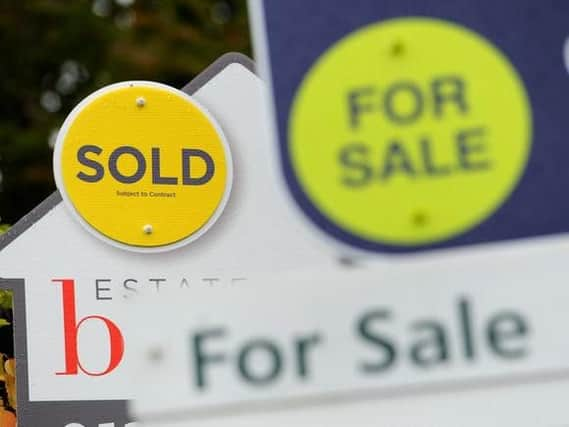House hunters in West Lindsey need six times their annual income to purchase a home


And across England and Wales, the affordability gap between the most and least expensive places to live is at its widest since records began.
Each year, the Office for National Statistics (ONS) calculates how affordable housing is, by dividing the median house price in local authorities by the median full-time annual income.
Advertisement
Advertisement
The higher the ratio is, the less affordable homes are to buy.


The ONS uses the median which is the middle number in a series, instead of the mean average, so the figures are not distorted between extreme highs and lows.
In West Lindsey last year, the affordability ratio was 6.0 - up from 5.9 in 2017 - while the national average for England and Wales was 7.8.
The average house price was £175,000, and the average annual salary £29,388.
Advertisement
Advertisement
The average house price in West Lindsey increased by £10,000 in 2018 and even though average yearly earnings actually rose by £1,429, it was not enough to improve housing affordability.
This gulf between earnings and house prices highlights the impact of the housing crisis, with buying a home out of reach for many.
The drastic increase in house prices since 2002, when the ONS first began comparing this data, reinforces this.
The average home in West Lindsey then cost £72,000 but in 2018 figure is 143 per cent higher and in that time the average annual salary has only increased by £8,898, a 43 per cent rise.
Advertisement
Advertisement
Polly Neate, chief executive of the housing charity Shelter, said: "The figures leave us in no doubt that owning a home is an all-but-impossible dream for millions of working families.
"Combined with the dire lack of social homes, this has left huge numbers of people with no choice but to rent privately."
“It cannot be right that so many families, especially those on lower incomes, now face a lifetime in deeply unstable private renting, where they’ll have to pay well over the odds to keep a roof over their head.
"More families desperately need the option of social housing, and they need it now."